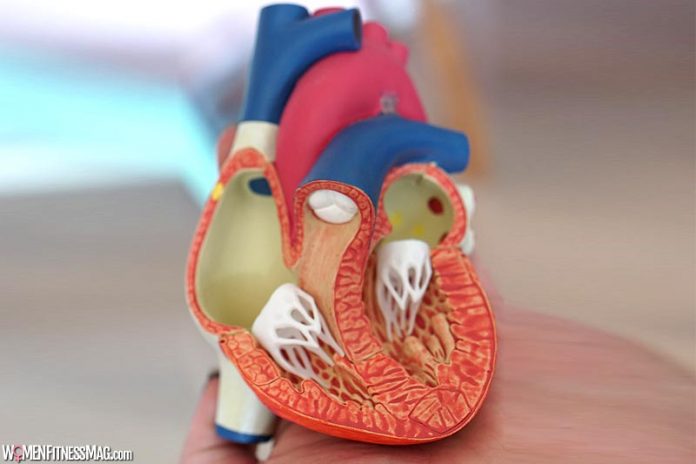
Coping With Atrial Fibrillation : Atrial fibrillation, which affects the heartbeat and interrupts normal blood flow, could reduce your life quality. Your heart could have disorganized signals, and the upper chambers can beat faster and irregularly than the lower chambers putting you at risk of stroke and blood clots.
Atrial fibrillation may come and go or remain permanent and is common in adults over 65 years old. You could seek the services of experts in atrial fibrillation in Frisco who are skilled and have the knowledge to help you live an active and normal life. You should know the causes and types of atrial fibrillation when seeking treatment.
Causes of Atrial Fibrillation
Your doctor should first check your medical records before diagnosing the cause of your atrial fibrillation. Atrial fibrillation could be inherited, so if closely related family members have it, you are at risk. The most common condition that can damage your heart and cause atrial fibrillation includes age, heart disease, high blood pressure, heart surgery, lung disease, medication, obesity, and alcohol.
Types of Atrial Fibrillation
Paroxysmal A-Fib
Paroxysmal A-Fib occurs when you experience a sudden irregular rhythm that does not go away for less than seven days without treatment. The paroxysmal A-fib episodes usually last for a few seconds and then stop on their own. You may not experience any symptoms, but it’s important to visit your doctor to prescribe medications to prevent blood clots and strokes. When not treated, the condition can lead to chronic A-Fib.
Persistent A-Fib
Persistent A-Fib has episodes of A-Fib becoming persistent and lasts for more than seven days. The episodes usually reoccur, and you will need medication to restore your heart rhythm. Your medication will control the heart rate and prevent blood clots. Additionally, you can be introduced to a small electric shock to destroy the heart tissues responsible for the irregular rhythm.
Long-standing A-Fib
Long-standing A-Fib occurs when the irregular rhythm in your heat lasts for twelve months. You will need care and treatment as the doctor needs to monitor and control your heart rates and prevent blood clots. This condition may be referred to as permanent because medications, cardioversion, and other methods can’t take back A-Fib to its normal rhythm.
Permanent A-Fib
Permanent A-Fib is when the heart can’t return to a regular rhythm, and you need to visit a doctor so that you can be guided on the best treatment option. The treatment should keep you from unnecessary health complications and should be safe.
Symptoms of Atrial Fibrillation
Sometimes you may not experience the symptoms depending on the type of A-Fib. However, you may notice symptoms like heart palpitation, shortness of breath, dizziness, intolerance, dizziness, and weakness. The symptoms appear depending on your condition’s severity and may take several minutes or hours. Symptoms that continue for several days can lead to chronic A-Fib, and you’ll need to see a doctor.
Treatment
Treating A-Fib may involve both non-surgical and medication depending on the state of the condition. Medication is taken to prevent blood clots that can lead to serious strokes. The medicines promote overall heart function and prevent future complications. Non-surgical treatment is administering shock on the outside of your chest, this resets the heartbeat to a regular rhythm.
Conclusion
If you have A-Fib symptoms, you should see a physician who can guide you on the correct procedure to follow. You should not ignore A-Fib as it can become chronic and even lead to death. Treatment is administered according to how long an episode occurs. Sometimes you might not experience the symptoms, that is why you should regularly visit your doctor for checkups.
Related Videos about Coping With Atrial Fibrillation :
Phil Mooney talks about living with atrial fibrillation
Living with Atrial Fibrillation (AFib)
Atrial Fibrillation Overview – ECG, types, pathophysiology, treatment, complications
Living with Atrial Fibrillation Video – Brigham and Women’s Hospital
Coping With Atrial Fibrillation
how to reverse atrial fibrillation naturally, bananas and afib, living with atrial fibrillation, how long can you live with atrial fibrillation, how i cured my afib, atrial fibrillation life expectancy, atrial fibrillation symptoms at night, atrial fibrillation work restrictions,
